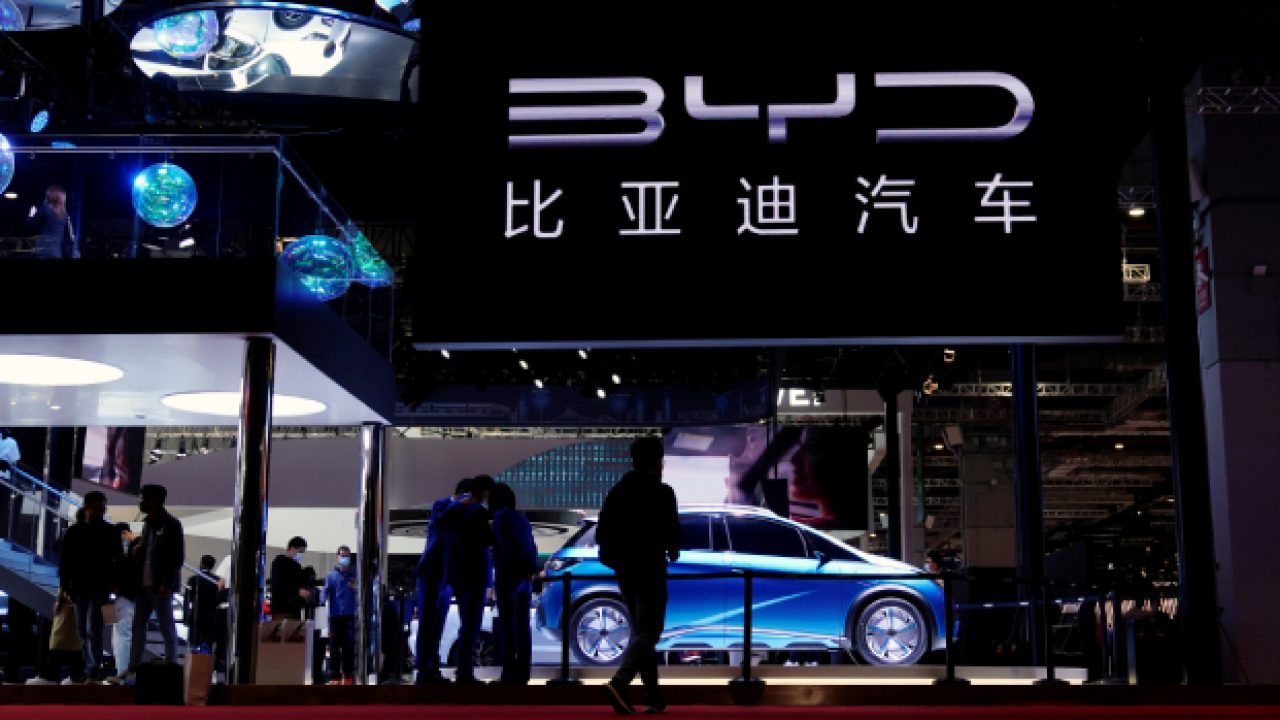Electric cars aren’t as popular in Africa as in other places.
However, a new wave of Chinese automakers is changing that as they try to compete with the West’s dominance in the industry and lead the way in reducing carbon emissions on the continent.
BYD [Build Your Dreams], an electric vehicle (EV) company based in Shenzhen, is moving to Rwanda to do more business outside of China and become a world leader in the EV market.
Read also: Ampersand secures $19.5m, to expand electric motorcycle fleet
African electric car activists aid Chinese automakers
The corporation has made notable progress in Kenya in recent years. The pioneering East African electric transit service BasiGo uses BYD buses.
In January, it delivered 19 K6 electric buses and installed three DC fast-charging facilities on significant bus routes.
The buses are partially assembled from BYD’s Guangdong line to Mombasa, where the Associated Vehicle Assemblers complete them. Despite plans to start from scratch, the hall has yet to do so.
BYD introduced the Standard Range and Extended Range Atto 3 models to South Africa, the largest EV market in the region, in July 2018. In November, it expanded from Gauteng and KwaZulu-Natal to the Northern Cape with big goals.
The South African government has begun talks with BYD to build an electric car manufacturer. No new plans have been announced.
Warren Buffett bought a 10% interest in BYD in 2008, believing it would become “the largest player in a global automobile market that was inevitably going electric”. Over a decade later, his prediction is spot-on and quite profitable.
Geely, SAIC Motor, Great Wall motorsl, Dongfeng, Hava , and JAC are introducing and marketing their models in Nigeria, Egypt, Morocco, Ghana, and Zimbabwe to boost adoption in other African markets.
Strong demand and EV hunger helped China overtake Japan as the world’s largest auto exporter in 2023. Electric vehicles accounted for 25% of the country’s 2.3 million exports in the first eight months.
Recently estimated, Chinese automakers’ worldwide market share will increase from 17% to 33% by 2030, causing European rivals to lose the most unit shares.
Per recent estimates, Chinese automakers’ share of the global market would double from 17% to 33% by 2030, and European rivals would see the most significant loss in unit shares as a result.
The IEA reported
China is the world’s largest EV market, with over half of all-electric cars on the road, according to the International Energy Agency. Its EV sales comprised 60% of global purchases by 2022, surpassing early exporters like America, Norway, and Germany.
For perspective, BYD sold more EVs than Tesla in Q4 2023. Tesla has failed to open an African office despite strong expectations in South Africa, Elon’s home country.
EV statistics for Africa are scarce. Only 1,000 of South Africa’s 12 million four-wheelers are electric.
Kenya has 350 EVs out of 2.2 million registered cars, while Tanzania has 5,000, with at least 10 companies involved in assembly and charging.
Due to price, charging infrastructure, and delayed policymaking, these vessels are scarce on the continent.
At a forum in Morocco last year, Akinwumi Adesina, president of the African Development Bank (AfDB), said the future of the global EV value chain—estimated to grow from a current $7 trillion to $75 trillion in 2050—depends on Africa Chiefly because it is the largest source of the green metals used in developing such automobiles.




